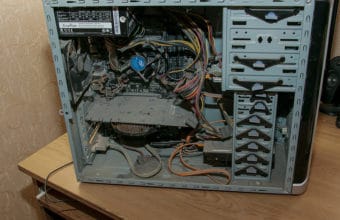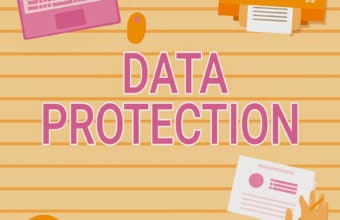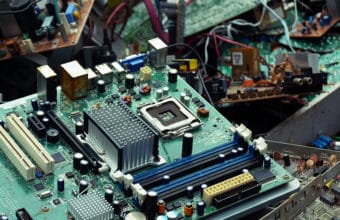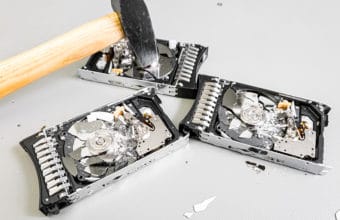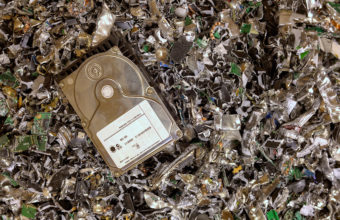Data Destruction
-
Tech Audits: How Often Should They Be Done?
Is the technology your business uses reliable? Can your employees count on it to do their jobs effectively? It’s important that you be able to answer this question with confidence, and the best way to do that is with a thorough technology audit. What Is a Technology Audit? A technology audit is a complete assessment […]
read more -
CPUs: When is it Time For a Replacement and What Should You Do with the Old One?
For many people, the best time to replace their CPU is when their current system no longer meets their needs. Some prefer to upgrade to maintain the fastest processing speed. Others want to ensure they have the latest features. If your current system can’t perform the functions you need, you will want to replace it. […]
read more -
4 Reasons Why Your Company Needs a Data Protection Plan
4 Reasons Why Your Company Needs a Data Protection Plan Data protection is the combination of policies, procedures, and technologies you have in place to ensure that confidential information isn’t accessed by anybody without proper authorization. Every business should have a solid data protection plan in place. This plan protects both you and your customers. […]
read more -
4 Data Destruction Misconceptions
4 Data Destruction Misconceptions Now more than ever, businesses rely on data to develop policies, create growth strategies, and provide services to their customers. The benefits of data are clear. Companies can use the information to create better customer experiences, streamline core competencies, etc. At the same time, companies are taking on more responsibility for […]
read more -
Why Do We Need Data Disposal Regulations?
Why Do We Need Data Disposal Regulations? Data privacy regulations have been put in place to protect the security concerns of private individuals. To comply with these regulations, you should regularly review how your company’s IT equipment is handled at all stages of use. The importance of having an effective data destruction policy has increased, […]
read more -
Data Sanitization: 4 Key Issues Every Organization Needs to Watch Out for
Data Sanitization: 4 Key Issues Every Organization Needs to Watch Out for Data sanitization involves the intentional, permanent destruction of sensitive data from a storage device to ensure it’s no longer recoverable. Many individuals may not know that when data is deleted from storage, it is not completely erased and may still be recovered by […]
read more -
Data Destruction: The Different Types and How to Choose
Data Destruction: The Different Types and How to Choose Data protection and user privacy are the responsibility of businesses, and the proper disposal of information is a critical part of operations. Internal teams, clients, and partners all have valid reasons for their data to be protected. Rendering information unreadable is the only way to be […]
read more -
3 Things to Know About Your End-of-Life (EOL) Equipment
3 Things to Know About Your End-of-Life (EOL) Equipment When computer equipment reaches its end of life (EOL), it’s important to keep in mind the impact that it will have on your organization. EOL equipment typically means outdated and unreliable hardware, and potentially compromised data, which brings in security risks and costs. Those seeking to […]
read more -
What Types of IT Equipment Should Have a Disposal Policy?
Disposing of old IT equipment can create security vulnerabilities. Data that isn’t properly wiped or destroyed can be used by malicious actors. Many organizations have their old hardware wiped or destroyed to render the information no longer readable. This approach means knowing which devices should have a disposal policy for end of life (EOL). A […]
read more

